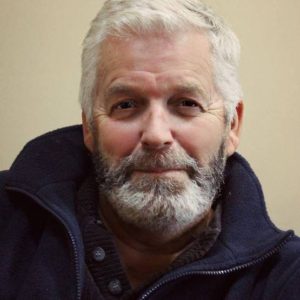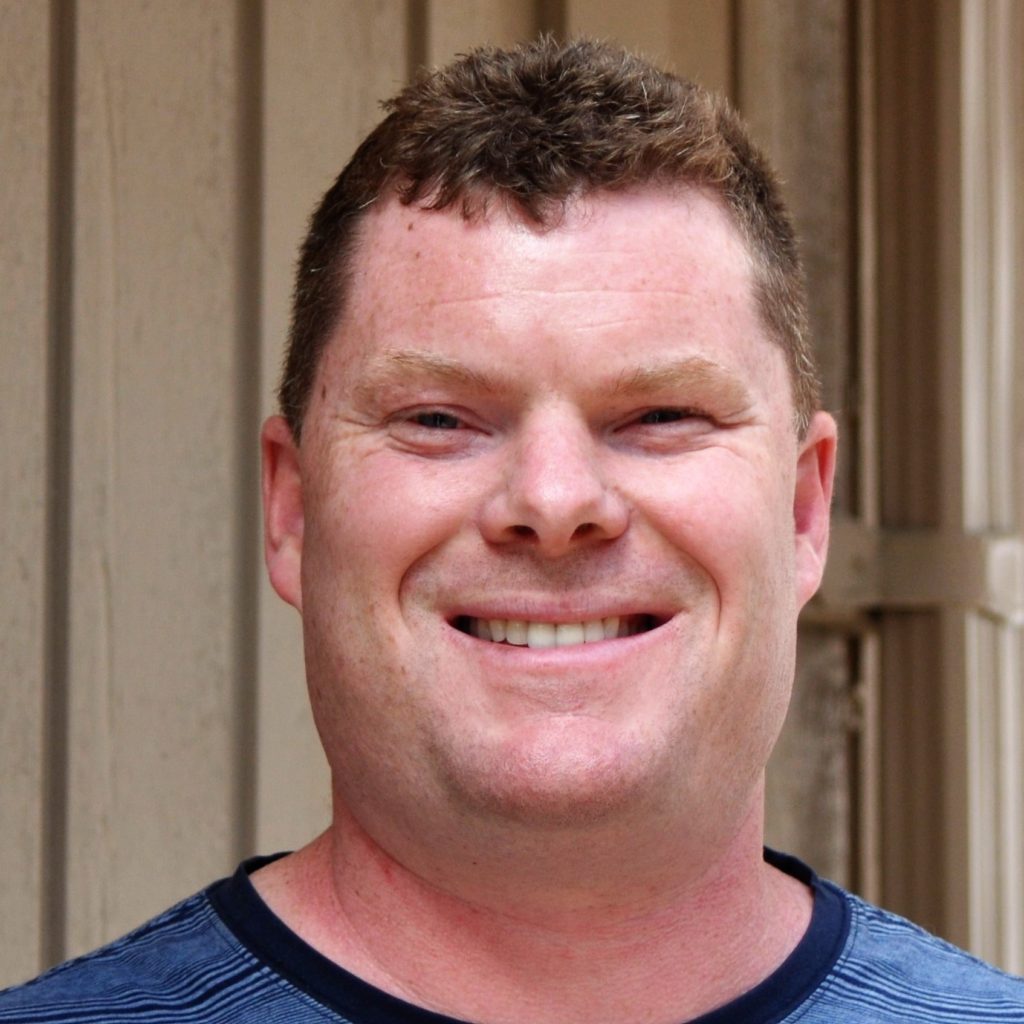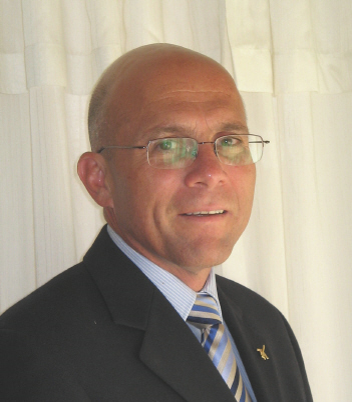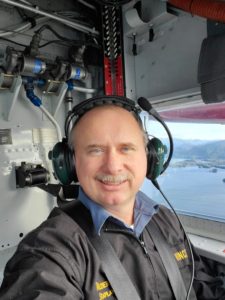The North Star Practices (NSP) is a safety program created by floatplane operators with support from the British Columbia Forest Safety Council-(BCFSC).
To facilitate this endeavor, the Air Carriers Safety Working Group (ACSWG) was established. Given some of the challenges associated with float plane travel, it was felt that the highest operational standards were needed to achieve the greatest level of safety for crew and passengers. There is, after all, no more important a goal, than getting all our people home safely.
In order to address this goal, the ACSWG in consultation with float plane operators and forest industry members developed the North Star Practices. The NSP is a set of operating standards and procedures, along with an auditing system that provides a level of assurance to clients, regulators, and the public, that an operator has not only met the basic Transport Canada regulations, but operates above those regulations to a higher standard. It also provides guidance to the clients, so that they may understand what their part is in creating a safe environment for float plane operations.
For an operator, this program provides an opportunity to show to all their customers and potential customers that their operation has put safeguards in place that don’t rely on the pilot as the only line of defense. For the pilots, the NSP provides guidance on safe practices and assists them in making decisions that support and maintain the highest level of safety performance.
The method by which the NSP functions, is predicated on a voluntary basis, whereby anyone wishing to enhance safety can implement and consistently utilize the practices. By implementing and monitoring performance related to the practices, the participant can expect the recognition of the other NSP participants, clients, regulators, other operators and the general public.
From a business perspective, the NSP is intended to improve business performance through enhancing safety in an efficient and effective manner. By investing in safety, the operator can expect to not only improve business performance but garner favour from their clients, peers and the public. By assessing and fostering a culture of safety and increasing safety throughout the industry, operators can be at the forefront of creating the safest and most efficient air carrier services in Canada.
 Included below, and at the bottom of the main NSP document, are all necessary Auditing, Contractual and Safety Management Systems sub-documents needed for the Operator, Auditors and Clients to participate in the NSP program.
Included below, and at the bottom of the main NSP document, are all necessary Auditing, Contractual and Safety Management Systems sub-documents needed for the Operator, Auditors and Clients to participate in the NSP program.
Program document
North Star Practices
Supplementary documents
- Client Air Carrier Safety-SMS
- NSP Audit Contract Supplement
- NSP Audit Package
- Quality Assurance Program
- We the undersigned
Please send any feedback and/or suggestions to the links below.
Contact Us Facebook
 The Air Carriers Safety Working Group
The Air Carriers Safety Working Group
Jim Hartwell has an extensive (32 year) background in the Float Plane industry and was tasked with creating the North Star Practices. Shortly after the NSP started taking shape, the ACSWG was created as more people became involved with creating this safety program.
Previously the Administrator for FOA-Floatplane Operators Association, Jim is now actively involved with promoting and advancing this safety program throughout the industry. Jim is one of the Air Carriers Safety Working Group members, and a member of The Northern Air Transport Association-NATA. Contact Jim or any of the ACSWG members through this site’s Contact page. Questions, suggestions or ideas are welcome as we hope to enhance safety throughout the industry with your participation.

Dustin Meierhofer joined the BC Forest Safety Council as Director, Transportation Safety in December 2013. Dustin leads and supports the development of injury prevention programs for Transportation activities relating to Forestry throughout BC.
A Registered Professional Forester, Dustin has more than 25 years of experience in the resource sector. Before joining the BC Forest Safety Council, he was CEO of General Biofuels BC group of Companies, having held progressively more senior and diverse roles in resource management operations for Timberline Natural Resource Group and other employers. Throughout his career Dustin has had a core responsibility and appreciation for sound occupational health and safety practices and has authored or co-authored numerous publications and technical reports on various aspects of forestry. Dustin and his family have lived in Prince George for 27 years.
Vince Crooks was born and raised in Victoria, BC. He graduated high school in 1983 from Spectrum Senior High. He completed 2 years of university at UVIC before starting his flying career in 1985. Since then he has accumulated over 21 000 flight hours, most of which was on the west coast flying for Pacific Coastal Airlines. As a seaplane bush pilot, he had the opportunity to fly many aircraft, such as; Cessna’s, Beavers, Norseman, Otters, and Twin Otters, and his favorite, the venerable Grumman Goose. He then moved into the airline world where he spent 15 years as both pilot and in management roles at Pacific Coastal where he flew the various Beechcraft, Bandeirante, Shorts360, and the Saab 340’s.
Throughout his career he has been involved in promoting safety. Whether it was in the many years as company Safety Officer, or in his roles as Operations Manager, the development of flight safety programs, and their implementation have always been an interest of his.
He and his wife have raised a family of four children in several coastal communities where they enjoyed the outdoors and boating. When it seemed that moving to Vancouver was necessary, an opportunity to change careers and join the Transportation Safety Board as an accident investigator became available, and they moved to Vancouver. For two years he was involved in investigating several tragic aircraft accidents that occurred in BC during 2011-2013. Although he found this career interesting, he determined that he missed flying and did not want to spend the rest of his life working in an office.
After living in Vancouver for two years and experiencing life in the lower mainland, he and the family had the opportunity to enjoy the island life again with Pacific Coastal. He is now living back in Port Hardy where he is managing the former seaplane division of Pacific Coastal Airlines, which is operating as a subsidiary, Wilderness Seaplanes.
Vince was a board member of the Floatplane Operators Association, and with the transition now to NATA, is the 703 Operator’s representative on the NATA board. He has always liked to promote safety no matter what role he has held, and he continued that process while at the FOA, where he worked with several others on the development of the NSP. He would like to see the future bring seaplane operations to a new level of safety where we can say with confidence that we have done everything we can to prevent seaplane accidents.

Glenn Priestley: Learning to fly in 1970 provided opportunities to advance as a commercial pilot in northern and eastern Canada-learning float plane, medivac, offshore surveillance operations, as well as on demand charter and scheduled operations.
Management and ownership experience culminated in accepting a position with Transport Canada as a Civil Aviation Inspector. Following a two year contract as an aviation consultant in the Caribbean resulted in a change from operational aviation activity to representing aviation interests with various Associations. Including Director, Corporate Relations, Accreditation and Certification for the Canadian Council for Aviation & Aerospace, Canadian Business Aviation Association Director Training as well as Vice-President for the Air Transport Association of Canada.
Presently, Glenn Priestley is proud to be the Executive Director of the Northern Air Transport Association. NATA was incorporated 44 years ago to support the economic development of northern and remote Canada with safe, and sustainable air transportation.
Glenn is a registered lobbyist residing in Ottawa and can be reached at 613-866-2374.

